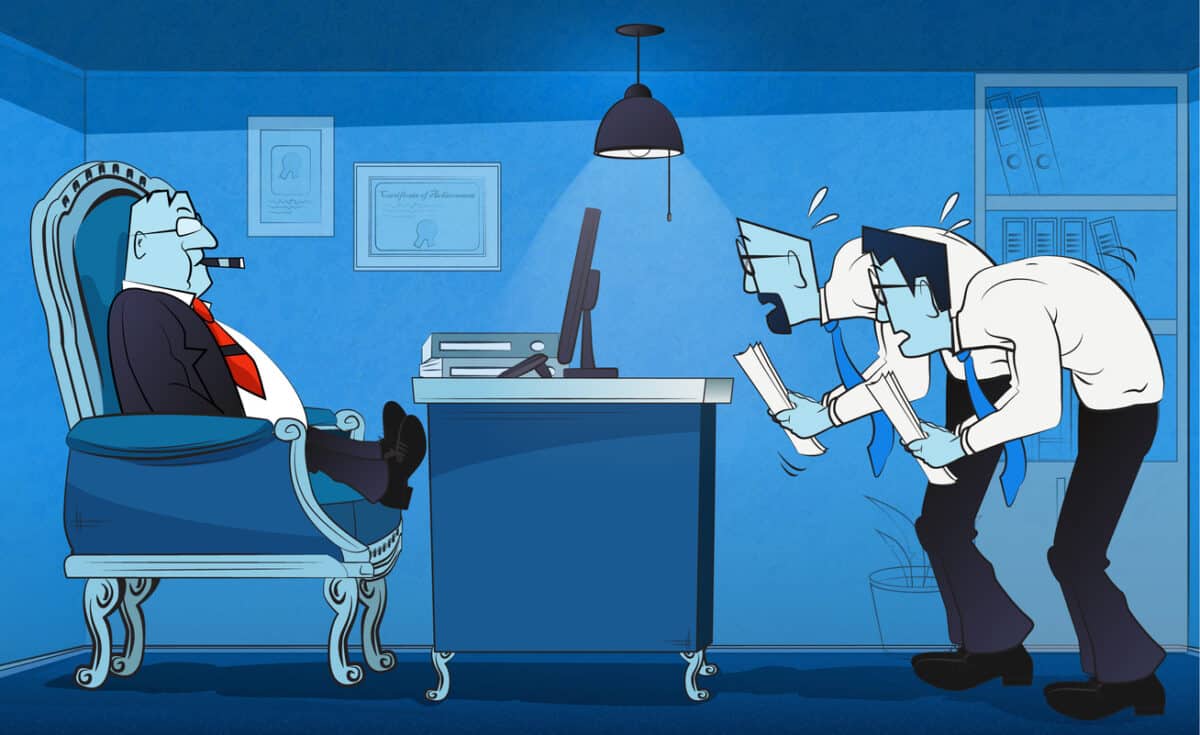In early January 2024, the British Medical Journal (BMJ) published a commentary by Professor Alex Collie that illustrates the need to broaden our consideration of “traditional” and psychosocial hazards and well-being at work. The article is paywalled but worth obtaining a copy.
Collie‘s research is always interesting, and being published in the BMJ adds some clout to this call for activism.






